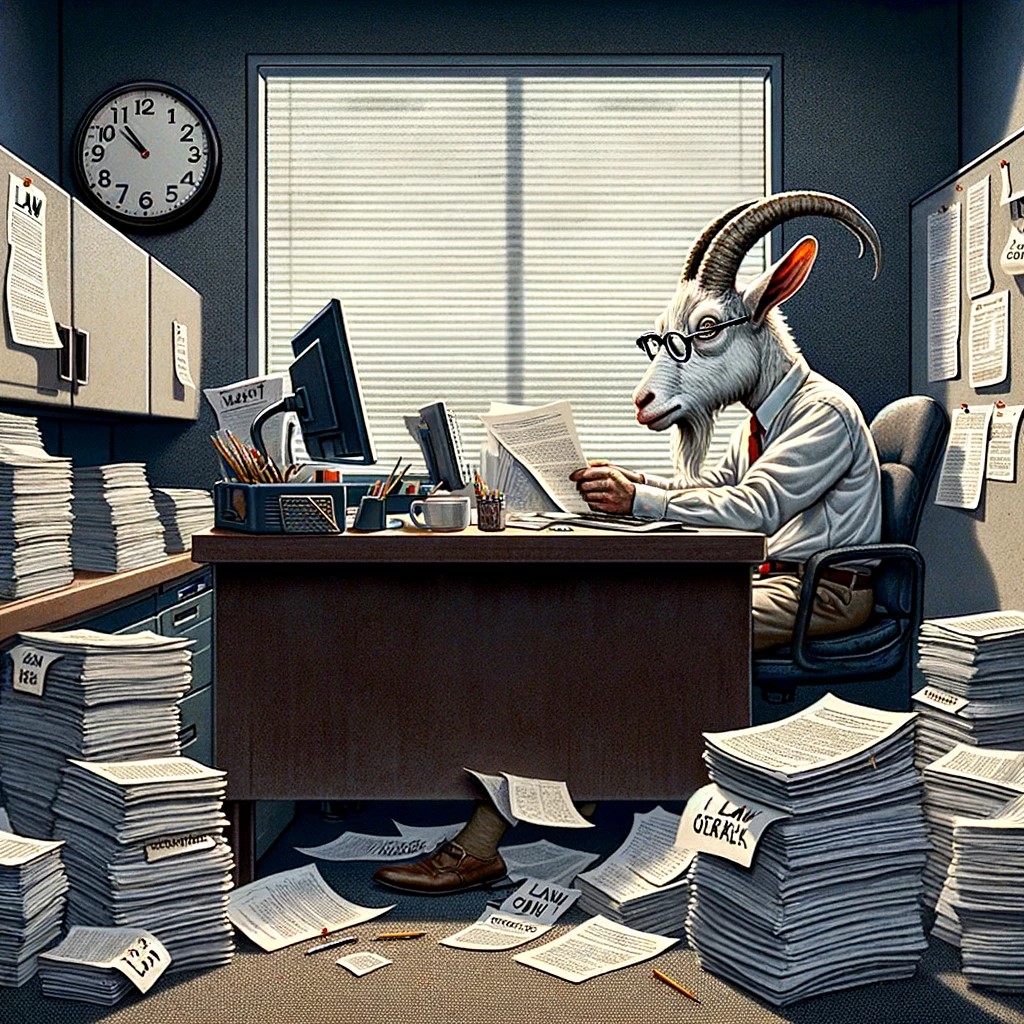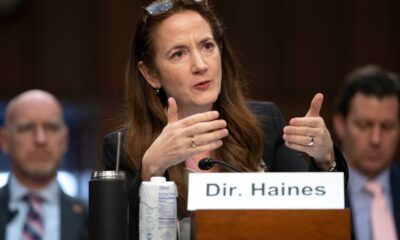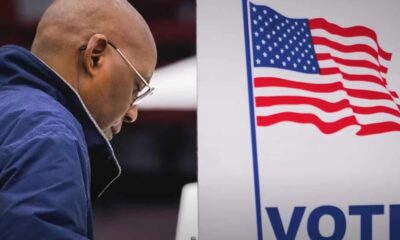Finance
“Unelected officials” are convenient scapegoats

Perhaps, as a continuation of humanity’s long tribal history, humans apparently need scapegoats to lift the weight of sins and responsibilities from their shoulders. In democratic countries, ‘unelected officials’ are among the favorite scapegoats. It is an easy path to follow under the sun of simple beliefs, and I must confess that I once found it tempting.
Elon Musk also seems to be heading into this dead end in his otherwise dignified resistance to the Australian government’s censorship (“Elon Musk criticizes Australia for ordering takedown of sting video,” Wall Street JournalApril 23, 2024):
“Should the eSafety Commissioner (an unelected official) in Australia have authority over all countries on earth?” he posted, using a derogatory nickname to refer to the eSafety commissioner.
What difference would it make if the commissioner was an elected official? It is elected officials who have passed the laws that require bureaucrats to be hired to enforce these very laws. The Australian Prime Minister himself, perhaps the ne plus ultra of elected officials in that country supported his bureaucrat against Musk’s social media.
It is true that without an unelected official, the power of the elected would be reduced to vanishing point. But this is not an argument for the whims of elected officials to replace the power they have delegated to bureaucrats. Power, whoever wields it, must be limited by the rule of law, and we can trust that politicians will respect this limit even less than bureaucrats. Any individual or company, other than cronies, faces a more dangerous situation when an elected official is allowed to rule at his whim.
Consider the following example. Imagine what would happen if Donald Trump, as is being debated among his potential advisers, could run the Federal Reserve (see “Trump allies are drawing up plans to weaken the Fed’s independence,” Wall Street Journal, April 26, 2024). The creation of money at the request of US presidents in the 1960s and 1970s led to inflation that grew to more than 10% per year by the end of that period, higher than what we have experienced in the last three years due to the economic crisis. Trump and Biden deficits. It took two recessions in the early 1980s to curb inflation.
There are good reasons to believe that central banks are not only useless but also harmful. We have good reason to believe that truly private money and banking would be more efficient. But there is little doubt that monetary policy would be more erratic and dangerous if conducted by an elected czar. The result would likely be further monetization of government deficits, to the point of hyperinflation.
Back to our general topic. Elected officials have too much power, allowing them to delegate, or even oblige, some of it to the administrative state. Fortunately, the laws limited the latter, even if not perfect, to follow some general rules. The problem is power, not how it is shared within the state (even if sharing may limit it to some extent). It would be much worse if power were concentrated among politicians, especially under a Tsarist presidency. The same argument would apply to Joe Biden or any other glorified politician. The more ignorant the elected official is, the greater the chance for stupid mistakes.
Elections do not provide the necessary restrictions. The average voter remains rationally ignorant because his vote does not change the outcome of an election and he therefore has no incentive to spend time and resources gathering information about political platforms, government policies, and their likely consequences. Most voters know little about how ‘their’ government works. Ask a randomly selected voter to tell you what the money supply is made of, or what the annual deficits were under Trump and Biden, and he won’t even know where to find the answer. If he finds the right information using Google, he probably won’t understand the methodology and the meaning of the numbers.
Public choice economics strongly suggests that the democratic glorification of “elected officials” is no less dangerous (and, I would argue, probably more dangerous) than the mystique of the disinterested bureaucrats. But by working under rules, as is expected of them, bureaucrats can at least temper the whims of politicians.
******************************
A government bureaucrat became a scapegoat for enforcing the laws passed by elected officials (Source: DALL-E under the influence of Pierre Lemieux)











